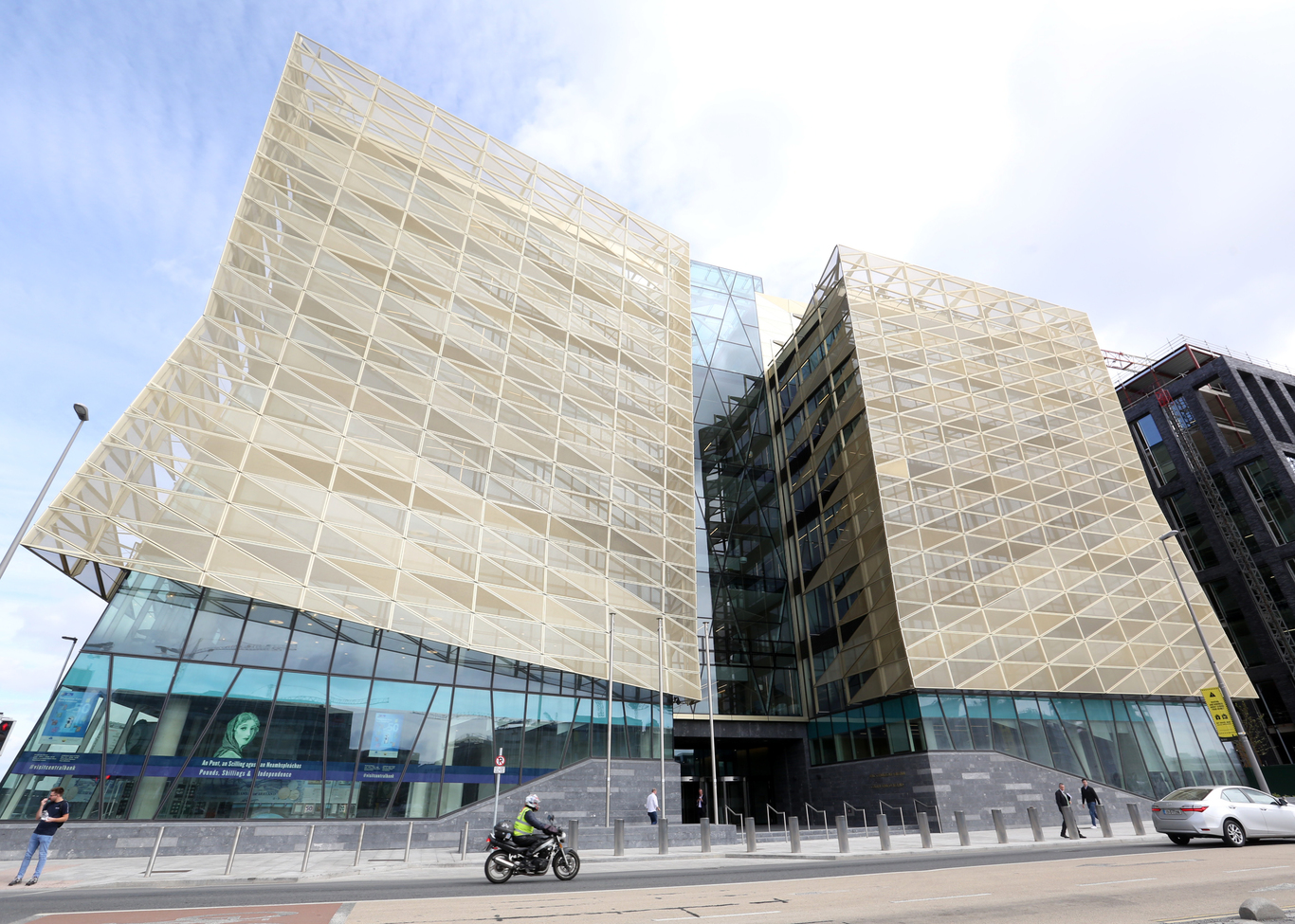Fraudsters are using real firms’ details to add 'an air of legitimacy' to financial service scams
The Central Bank recently issued warnings about unauthorised firms that “borrow” info.
FRAUDSTERS ARE INCREASINGLY using real firms’ details to add an air of legitimacy to financial service scams, according to the Central Bank of Ireland.
Since the beginning of May of this year there have been more than 20 warnings from the Central Bank on unauthorised firms, a number of which were “clones” of genuine companies to which there is no connection whatsoever.
“Fraudsters are increasingly using legitimate firms’ details to add an air of legitimacy to their fraud,” the Central Bank said.
Fraudsters will “borrow” information from a legitimate company and may quote authorisation numbers, company registration numbers and links to seemingly legitimate websites.
Engaging with an unauthorised firm means you’re not protected by regulations which are designed to protect the consumer if things take a bad turn. It also includes the investor compensation fund, which protects you if an investment firm can’t repay your money, as well as the insurance compensation fund which protects you if your non-life insurance company can’t pay your claim.
In an statement, a Central Bank spokesperson said that an “out-of-the-blue” offer to make easy money is probably too good to be true.
“Fraudsters are very good at making emails look genuine, and have been known to set up elaborate and convincing dummy websites. If your credit or financial institution contacts you seeking copies of your photo identification and proof of address documents, you should contact your firm to verify the request is legitimate before providing any information,” they said.
The spokesperson added that unauthorised investment firms frequently “cold-call” offering to buy or sell shares.
Since obtaining the necessary legal powers in August 1998, the names of circa 363 unauthorised firms have been published by the Central Bank on its list of unauthorised firms.
Risks for businesses
According to Mike Harris, a partner at Grant Thornton specialising in cybersecurity, one of the probable reasons that unauthorised firms do this in Ireland is that that country has a good reputation internationally as a place to do business.
“If they were doing that in a country that was less reputable than Ireland it possibly wouldn’t have been as effective,” he said.
“There’s always trends in these things. What you tend to find is, when something works – and it’s obviously working – they tend to do more of it,” Harris added.
There is also a reputation risk for legitimate companies that have their details cloned.
“In some cases they can be dragged into legal action that has nothing to do with them in a jurisdiction that they don’t want to be involved in and it can end up costing them money,” Harris said.
“For larger organisations, there are services that you can subscribe to that will trawl the internet looking for web URLs that are similar to yours,” Harris said. Large organisations are likely doing this already, he added.
Get our Daily Briefing with the morning’s most important headlines for innovative Irish businesses.






